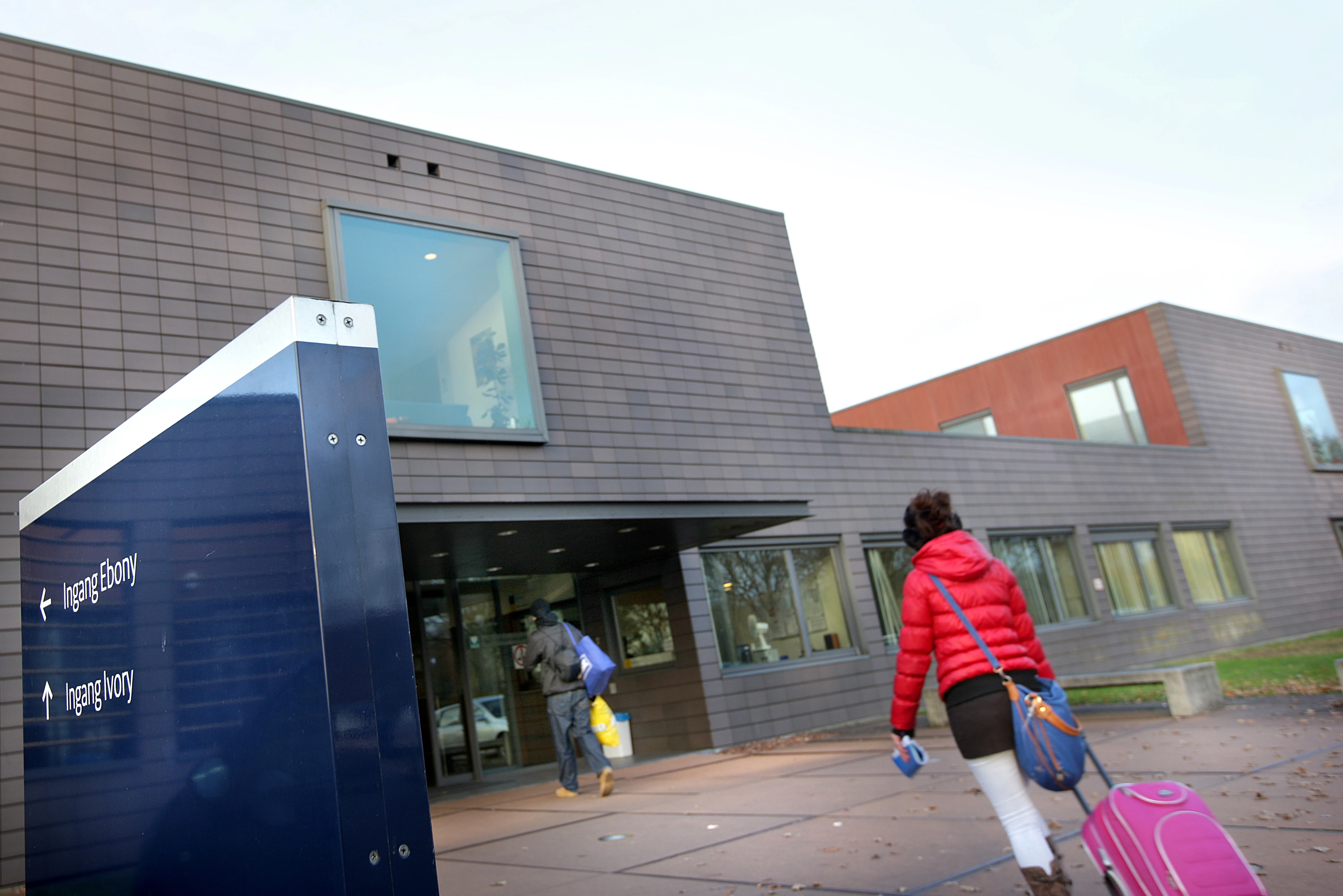
You will have a 1st interview with the IND in ter Apel
Your 1st interview will be with the Immigration and Naturalisation Service (IND). During this interview, the IND will ask questions about you and your journey to the Netherlands. Read below about how you can prepare for the interview.
The invitation to the interview
You will receive an invitation for the 1st interview with the
You can also check online via MyCoa to see if there is post for you. If you type in your V-nummer there, you will see either a green or a red envelope. A green envelope means there is post for you. A red envelope means there is no post for you.
My COA
The IND asks this during the interview
During the interview, the
This is what you need to know to prepare
Your 1st interview with the IND is alone, without a lawyer. You will only get a lawyer just before the 2nd interview.
It is very important that you say the same thing in the 2nd interview with the IND as you did in the 1st interview. For example, about your family members. Be honest about your family members during the interview. If you later want to apply for family reunification, the IND will check if you talked about your family members during the interview.
During all spoken interviews with the IND, you are allowed to take notes. You can make a timeline to remember important dates. If you cannot remember a date, be honest with the IND. During the interview with the IND, you can hand in documents that support your story.
This is how to submit documents to the IND during the asylum procedure
No lawyer is present during this interview
This 1st interview with the IND you have alone, without a lawyer. You will only get a lawyer just before the 2nd interview. It is very important that you tell the IND the same things in the first interview as you will tell them in the second interview. For example, be honest about your family members during the interview. If you want to apply for family reunification later on, the IND will check if you have already told them about family members in this 1st interview.
You may bring notes during all verbal interviews. You can make a timeline to remember important dates. If you do not know any dates, be honest with the IND. During the interview with the IND, you can hand in documents that support your story.
There is an interpreter who speaks your language at the interview with the IND
The IND employee asks the questions in Dutch. The interpreter translates them for you. The interpreter also translates your answers into Dutch. The interpreter is independent, does not work for the IND and has no influence on the decision about your asylum application. As interpreters are very busy, you might get an interpreter who speaks a different dialect. Tell me immediately if the interpreter and you cannot understand each other properly. It is important that no misunderstandings arise because the interpreter and you do not understand each other well.
There are long waiting periods at the IND
You now wait an average of 15 weeks for your first interview with the IND.